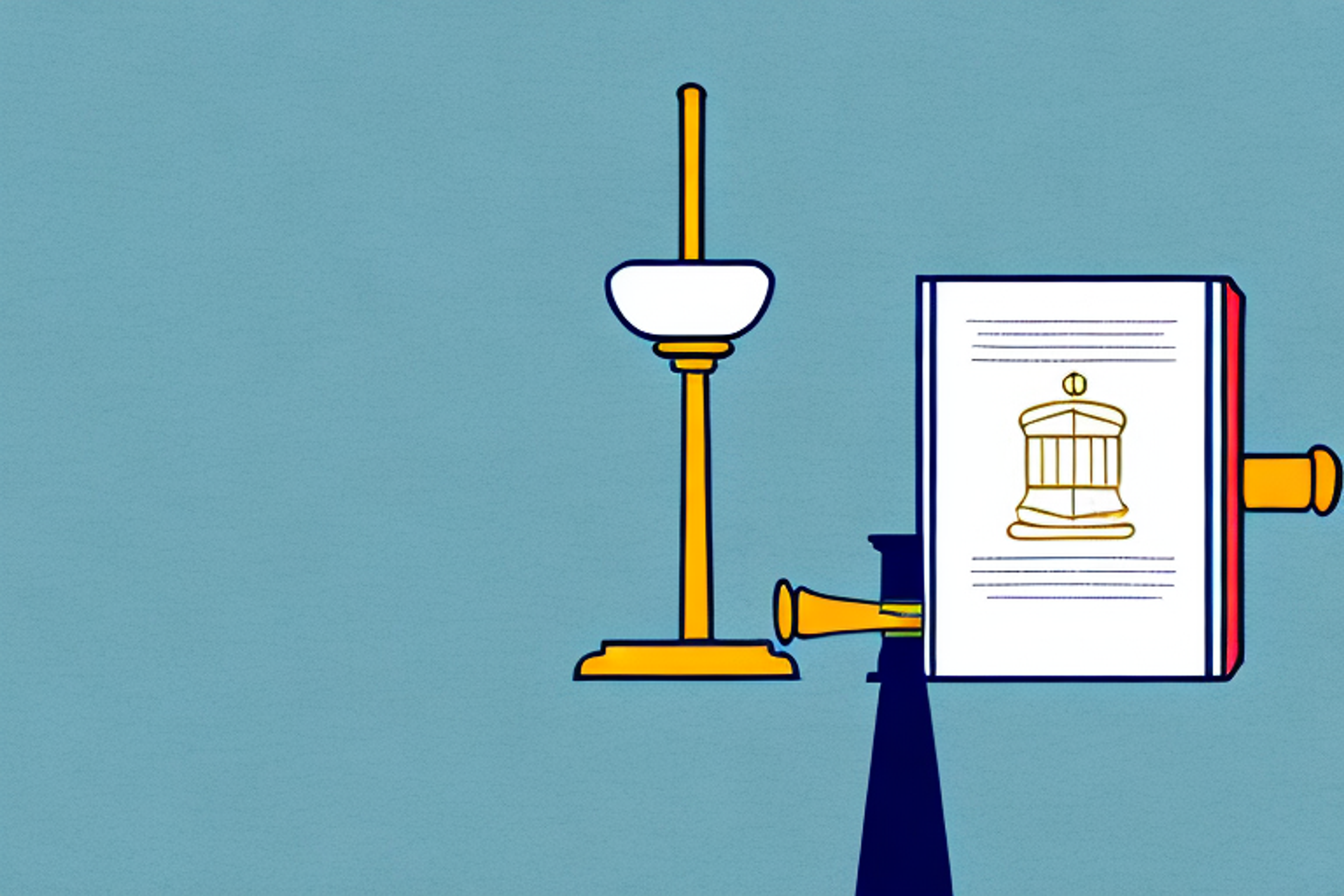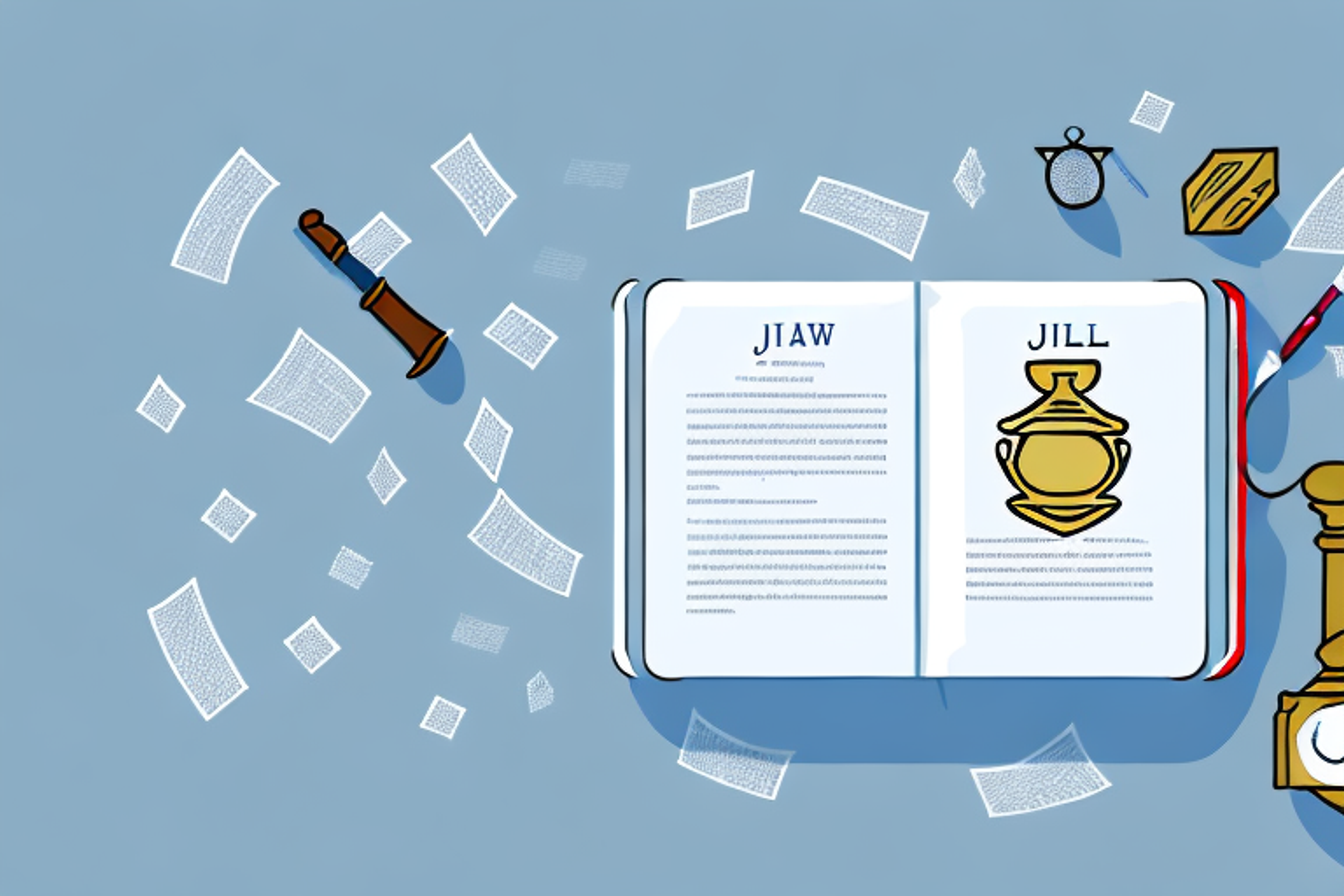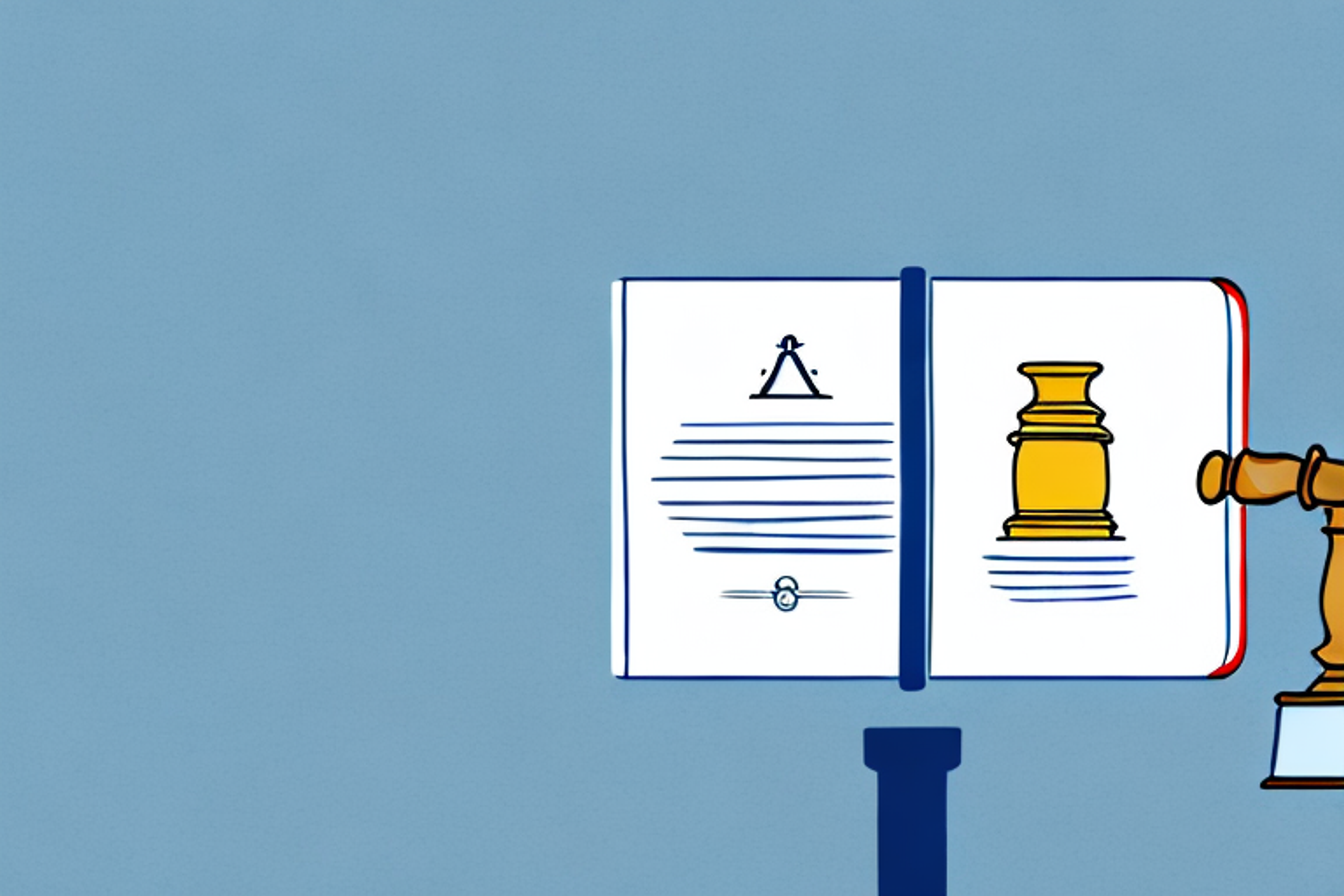When is the Right Time to Apply to Law School?
Are you considering applying to law school but unsure of when to start the process? Our article explores the best time to apply, including factors such as LSAT scores, application deadlines, and personal circumstances.
Posted April 10, 2025

Table of Contents
Free Event

Featuring Indrani S.
How To Write Outstanding Law School Application Essays
Starting Thursday, April 24
11:30 PM UTC · 60 minutes

Featuring Indrani S.
Applying to law school is an important decision that requires careful consideration of many factors. From the timing of your application to the strength of your LSAT scores and undergraduate performance, there are many variables to consider before you begin the application process. In this article, we will delve into these topics and provide you with a comprehensive guide on when is the right time to apply to law school.
Factors to Consider Before Applying to Law School
Before deciding on the best time to apply to law school, it is essential to evaluate your motivations, expectations, and career goals. Many factors can affect your decision, including your grades, work experience, financial situation, and personal commitments. You should also consider the value of a law degree and analyze your chances of success in the legal field.
One crucial factor to consider is the potential return on investment (ROI) of a law degree. Law school can be expensive, and it is not always easy to secure a high-paying job after graduation. Therefore, you should research the job prospects in your desired field and carefully weigh the cost of tuition against your future earning potential. It is also essential to consider the geographical location of the law school and the job market in that area.
The Importance of Timing in Law School Admissions
Timing plays a crucial role in the law school admissions process. Many law schools have rolling admissions, which means they review applications as they receive them. Therefore, applying early can increase your chances of acceptance, especially if you are a highly-qualified candidate. However, it is also worth considering the benefits and drawbacks of submitting your application early versus a little later in the cycle.
Early vs. Late Application: Which is Better?
While it is generally beneficial to apply early in the law school admissions cycle, it is not always advantageous to do so. One of the main benefits of applying early is that you can secure your spot before the competition increases later in the cycle. Applying early can also help you overcome potential application issues that may arise, such as LSAT score drops or gaps in your transcripts.
However, applying later in the cycle can also have its advantages. By waiting, you can have more time to prepare thoroughly, including retaking the LSAT if necessary or taking additional courses to improve your GPA. In addition, you will have more time to refine your law school application materials and make a stronger impression on the admissions committee.
Fall vs. Spring Admission: Pros and Cons
Another timing-related decision to consider is whether to apply for fall or spring admission. Fall admission is the more traditional option, with most law schools accepting applications for the fall semester only. However, some schools offer spring admission, which allows you to start law school in January or February instead of September. Here are some of the pros and cons of each option:
Fall Admission Pros
- More time to prepare and research your law school options
- More competition for admission may provide a better sense of your strengths and weaknesses as a candidate
- You can start your summer internship search immediately after your first year
Fall Admission Cons
- Application deadlines in the fall, so you need to prepare your application materials in the summer months
- Higher competition for admission, which can make it more challenging to secure a spot in your desired school
- You will need to wait until the end of the summer to find out your acceptance status, which can cause anxiety and uncertainty
Spring Admission Pros
- Later deadlines give you more time to prepare your application materials
- Less competition for admission, which can increase your chances of acceptance
- Allows you to take a break before starting law school
Spring Admission Cons
- You may miss out on summer internship opportunities based on the different academic timeline
- It can be challenging to adjust to the academic schedule, as you will need to catch up with fall students for the spring semester
- You will not have as much time to prepare and research your law school options, as you may need to make your decision quickly after receiving acceptance.
How to Determine the Best Time for You to Apply to Law School
Now that we have explored some of the factors involved in law school admission timing, it is time to consider how to determine the best time for you to apply. Here are a few factors to consider:
- Your academic profile: Take a critical look at your academic profile, including your grades, LSAT scores, and extracurricular activities. Determine where your academic strengths lie, and use those to your advantage when deciding on the best time to apply.
- Your timeline: Consider your overall schedule and timeline. Do you need to take a break in your career before law school, or do you have other commitments that take priority?
- Your career goals: Think about your long-term career goals and how they align with a law degree. Research the legal job market and consider the geographic location of the law school you want to attend.
Tips for Preparing Your Law School Application Timeline
Once you have determined the best time for you to apply to law school, it is time to prepare your application timeline. Here are some tips to help you stay on track:
- Start early: Plan well in advance and start working on your application materials early on. This will give you ample time to research schools, write a stellar personal statement, and gather all the necessary documents.
- Goal-setting: Set clear goals for each stage of the application process, such as completing your LSAT study materials by a specific date or finishing your personal statement draft by a specific deadline.
- Create a schedule: Use a calendar or planner to create a schedule that outlines what you need to do, including when to take the LSAT, when to request letters of recommendation, and when to submit applications.
- Don't procrastinate: Avoid procrastination at all costs. Remember, the earlier you submit your application, the better your chances of acceptance and financial aid.
The Role of LSAT Scores in Timing Your Law School Application
The LSAT is a critical component of your law school application, and it is essential to take it seriously. Your LSAT scores play a significant role in your law school admissions, and law schools use them to evaluate your critical thinking abilities and your potential for academic success in law school.
One of the best ways to prepare for the LSAT is by taking practice tests and enrolling in an LSAT preparation course. Most students take the LSAT in the summer or fall before applying to law school, although this timing will depend on your study schedule and application timeline.
How Your Undergraduate Degree Affects Your Law School Application Timing
Your undergraduate degree is another critical component of your law school application. Generally speaking, law schools do not require a specific undergraduate degree, but they do expect you to have completed a rigorous, comprehensive curriculum. Therefore, it is essential to maintain good grades and take challenging courses in a wide variety of disciplines.
However, it is worth noting that some undergraduate degrees may put you on a faster track to law school. For example, if you major in political science, philosophy, or English, you may already have experience with legal concepts and critical thinking skills necessary for law school. Therefore, these majors may allow you to apply to law school earlier in your academic career.
Understanding Rolling Admissions and Its Impact on Your Application Timing
Rolling admissions is a term used to describe a type of admissions process where an institution accepts applications and reviews them as they are received. Some law schools use rolling admissions, which means that the earlier you submit your application, the better your chances of acceptance.
If you are applying to a law school that uses rolling admissions, it is essential to submit your application materials as early as possible. This strategy will give you the best chance of acceptance, as competition for spots in highly-ranked law schools can be fierce.
Is There a "Perfect" Time to Apply to Law School?
There is no "perfect" time to apply to law school, as the best time will depend on your individual circumstances and goals. However, we have covered many of the factors to consider when making this decision, including your academic profile, your timeline, and your career goals. By carefully assessing these factors and following a strategic application timeline, you can maximize your chances of acceptance and achieve your goals of becoming a successful attorney.
What Happens if You Miss the Deadline? Options and Consequences.
Missing a law school application deadline can be a devastating blow, but it is not necessarily the end of the world. Some law schools may offer an extended deadline, while others may waitlist your application until a spot becomes available.
It is essential to act quickly if you miss the deadline. Contact the law school immediately and explain the situation. Some schools may be willing to make exceptions, particularly if you have a compelling reason for missing the deadline, such as a family emergency or a health issue.
The Benefits and Risks of Applying Early Decision.
Applying early decision means that you are committing to a specific law school, and you will withdraw all other law school applications if accepted. Some law schools offer early decision options, which can have both benefits and risks.
The main advantage of applying early decision is that you can demonstrate your commitment to a specific law school, which can increase your chances of acceptance. However, this can also be a significant risk, as you will not receive other financial aid packages or admissions offers.
How Applying Late Can Affect Your Chances of Admission.
Applying late to law school can reduce your chances of acceptance, as many law schools use rolling admissions and fill up their spots early in the cycle. Therefore, it is best to submit your application materials as early as possible and avoid procrastination. However, waiting a little longer and perfecting your application materials is better than submitting a rushed or incomplete application just to meet the deadline.
Balancing Work and Life Obligations with Law School Application Timing
Finally, balancing your work and life obligations with law school application timing can be challenging, but it is essential. It is crucial to carve out time in your schedule to prepare for the LSAT, research law schools, and prepare your application materials. Communicate your goals with your employer and family members and work collaboratively to accommodate your schedule.
In conclusion, timing is a critical factor when applying to law school. Careful planning and strategic decision making can maximize your chances of acceptance and set you on the path to a successful legal career.











